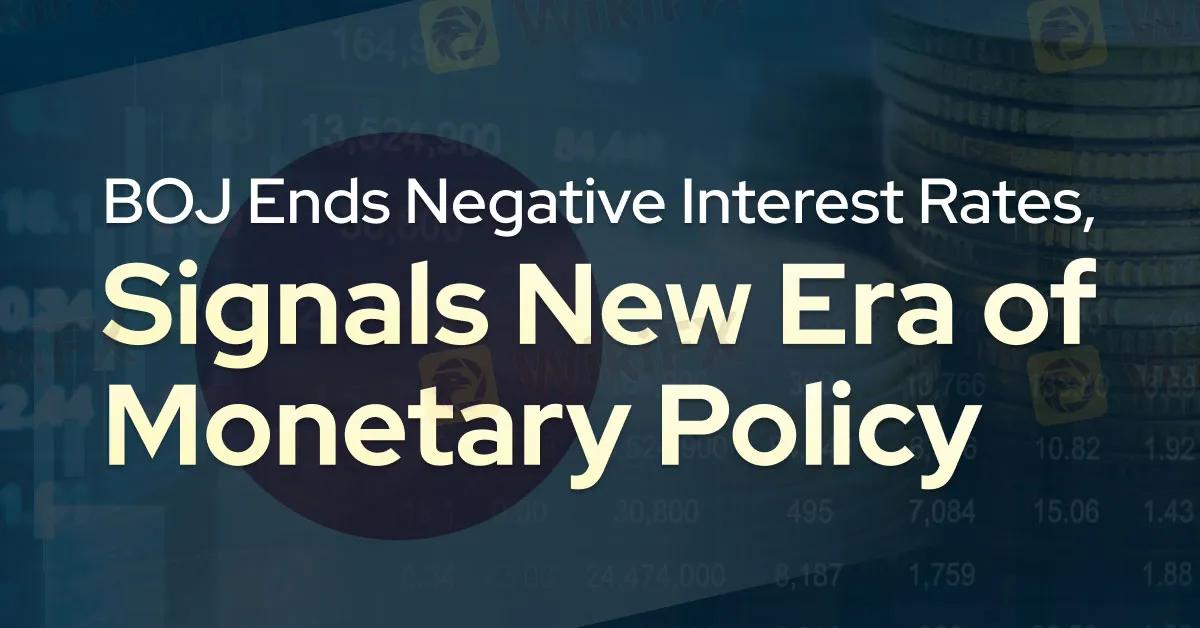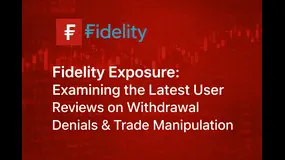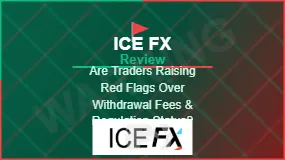Abstract:The Bank of Japan (BOJ) announced a pivotal shift in monetary policy, ending its eight-year practice of negative interest rates and signalling Japan's first interest rate hike in nearly two decades, amidst a cautious approach to economic recovery and global monetary trends, impacting investor sentiment and currency dynamics.

The Bank of Japan (BOJ) declared a significant policy shift on Tuesday, announcing the cessation of its eight-year practice of implementing negative interest rates and winding down its extraordinary measures designed to stimulate economic growth. This change represents Japan's first interest rate hike in nearly two decades, reflecting a cautious approach to monetary policy amid a gradual economic recovery.
BOJ's decision places Japan as the last major central bank to depart from negative interest rates, marking the end of a global trend where economies benefited from low-cost capital and innovative financial strategies.
During a post-decision press briefing, BOJ Governor Kazuo Ueda explained that the bank is transitioning back to a standard monetary policy focusing on short-term interest rates, aligning with the practices of other central banks. Ueda also hinted at the possibility of further adjustments to interest rates if inflation trends upwards, refraining from specifying the timing or extent of potential rate hikes.

In a widely anticipated move, the BOJ abandoned a policy introduced in 2016 under former Governor Haruhiko Kuroda, which imposed a 0.1% fee on certain surplus reserves held by banks with the central bank. Instead, the BOJ has now designated the overnight call rate as its primary policy rate, maintaining it within a range of 0-0.1%, partially achieved by offering 0.1% interest on central bank deposits.
Frederic Neumann, HSBCs chief Asia economist, noted that the BOJ's departure from negative interest rates marks the beginning of its normalization of monetary policy, indicating the bank's confidence in Japan's transition away from deflationary pressures.
The central bank also abandoned its yield curve control (YCC) strategy, which had kept long-term interest rates close to zero since 2016, and ceased its purchases of high-risk assets.
Despite these changes, the BOJ intends to continue purchasing substantial amounts of government bonds and is prepared to increase these purchases should bond yields rise sharply, signalling its commitment to preventing a sudden spike in borrowing costs. The central bank's statement emphasized its intention to maintain “accommodative financial conditions” for the foreseeable future.
Following the announcement, Japanese stock prices rose, while the yen weakened against the dollar, with investors interpreting the BOJ's cautious stance as suggesting that the interest rate differential between Japan and the United States would remain significant.












